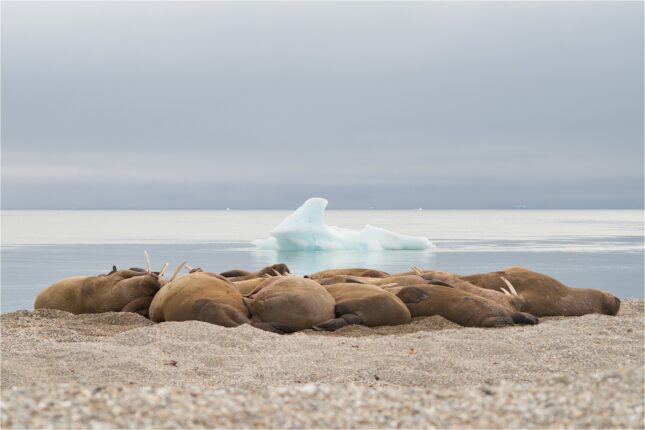-
ECSP Weekly Watch | March 18 – 22
›
A window into what we are reading at the Wilson Center’s Environmental Change and Security Program
WMO Says 2023 Saw Record Heats (World Meteorological Organization)
In a new report, the World Meteorological Organization (WMO) revealed that records for greenhouse gas levels, surface temperature, ocean heat & acidification, sea level rise, Antarctic Sea ice cover, and glacial retreat were smashed over the past year. The State of the Climate study also confirmed that 2023 was the warmest year on record, with temperatures 1.45 degrees Celsius above pre-industrial levels. The WMO also noted that the past decade marked the warmest 10-year period on record.
-
Thought-leaders and Frontline Workers in Environmental Peacebuilding | An Oral History: Dr. Ken Conca and Dr. Geoff Dabelko
›Environmental Peacebuilding Oral History // New Security Broadcast // March 19, 2024 // By Wilson Center Staff
On today’s episode of New Security Broadcast, ECSP and the Environmental Peacebuilding Association launch a series of oral history interviews with academics, practitioners, and frontline workers to trace the history of the field of environmental peacebuilding. From the people who helped shape the field to those who are bringing new approaches and perspectives today, our guests give us a behind-the-scenes look at how the field first emerged and how it has evolved.
-
ECSP Weekly Watch | March 11 – 15
›
A window into what we are reading at the Wilson Center’s Environmental Change and Security Program
China is Leading the World on Renewable Energy (Yale 360)
In November, Chinese and U.S. climate envoys pledged to triple global renewable energy by 2030, signaling renewed cooperation between the top two greenhouse gas emitters. However, the two countries are not quite on equal footing when it comes to renewable energy.
-
Heat, Oil, and Dust: The State of Iran’s Lakes and Its Climate Future
›
Iran’s southeastern province of Khuzestan—which borders Iraq—was already a dry and dangerous place. It was the site of the fiercest battles in the Iraq-Iran war which followed the Iranian Revolution in 1979, and to this day, the region still has many unexploded landmines.
Yet this legacy of violence is not the only issue facing its residents. As climate impacts mount in Khuzestan, the future looks bleak for both the region’s ecosystems and the people already living on this borderline.
-
The Arc | Climate, Conflict, and Women’s Resilience: A Recent Women for Women International Report
›
In today’s episode of The Arc, ECSP’s Angus Soderberg and Claire Doyle interview Nisha Singh and Kavin Mirteekhan from Women for Women International. We dive into the organization’s recent report, “Cultivating a more enabling environment: Strengthening women’s resilience in climate-vulnerable and conflict-affected communities,” to hear how women around the world are disproportionately impacted by conflict and climate shocks—and what we can learn from their solutions.
-
ECSP Weekly Watch: March 4 – 8
›
A window into what we are reading at the Wilson Center’s Environmental Change and Security Program
Climate Change Disproportionately Impacts Rural Women (U.N. Food and Agriculture Organization)
A recent report by the U.N. Food and Agriculture Organization analyzed data from 24 low- and middle- income countries (LMICs) across five regions and over 100 thousand rural households to measure the impacts of climate change on rural women, youth, and people living in poverty. It found that climate change’s impacts disproportionately impact households headed by women, with income losses due to extreme heat (8% income loss) and flooding (3% income loss), relative to households led by men. The income gap between men and women was also widened as a result.
-
New Security Broadcast | Sarah Ladislaw on US Climate Security and “Mutually Assured Resilience”
› In today’s episode of New Security Broadcast, ECSP Program Director Lauren Risi speaks with Sarah Ladislaw, Special Assistant to the President and Senior Director for Climate and Energy at the National Security Council (NSC). In the conversation, Special Assistant Ladislaw describes her role at the NSC and the most pressing climate security challenges facing the US. She also reflects on her recent address at the Munich Security Conference, and her vision for achieving “mutually assured resilience.”
In today’s episode of New Security Broadcast, ECSP Program Director Lauren Risi speaks with Sarah Ladislaw, Special Assistant to the President and Senior Director for Climate and Energy at the National Security Council (NSC). In the conversation, Special Assistant Ladislaw describes her role at the NSC and the most pressing climate security challenges facing the US. She also reflects on her recent address at the Munich Security Conference, and her vision for achieving “mutually assured resilience.” -
The New Arctic: Amid Record Heat, Ecosystems Morph and Wildlife Struggle
›
This article, by Sharon Guynup, originally appeared on Mongabay.
Walruses have traversed the Arctic for millennia, gregarious pinnipeds that rest en masse on drifting pack ice, diving to feed on crabs, clams and other seafloor delicacies. Icy platforms also serve as safe birthing and nursery grounds. But as the far north rapidly warms and sea ice disappears, some herds now huddle on overcrowded shorelines, with deadly consequences for young calves: Because more disturbances occur on shore than at sea, calves are regularly trampled during panicked stampedes by the 1-ton-plus adults.
Showing posts from category climate change.


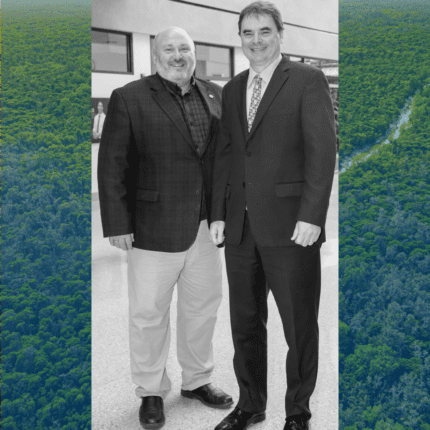
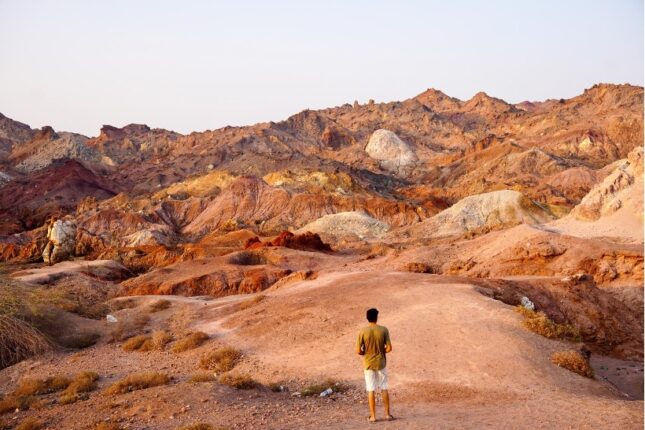
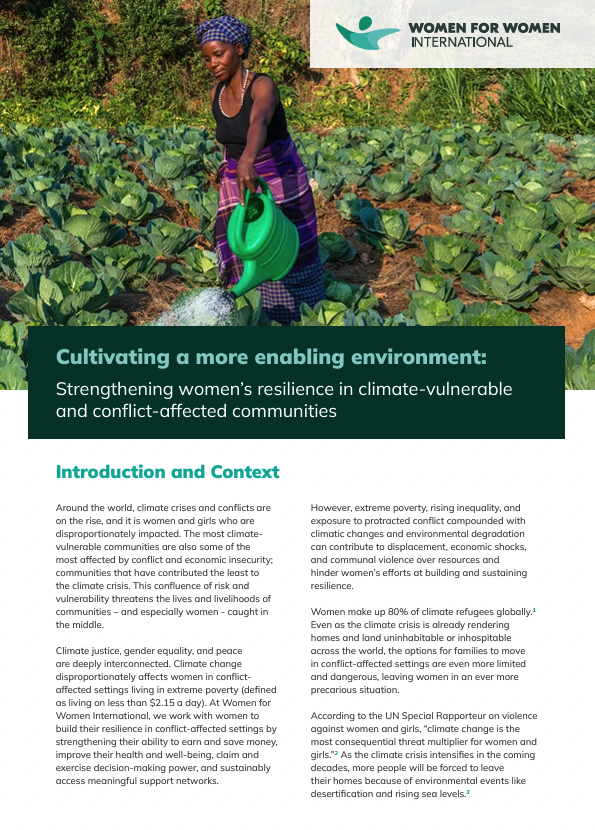
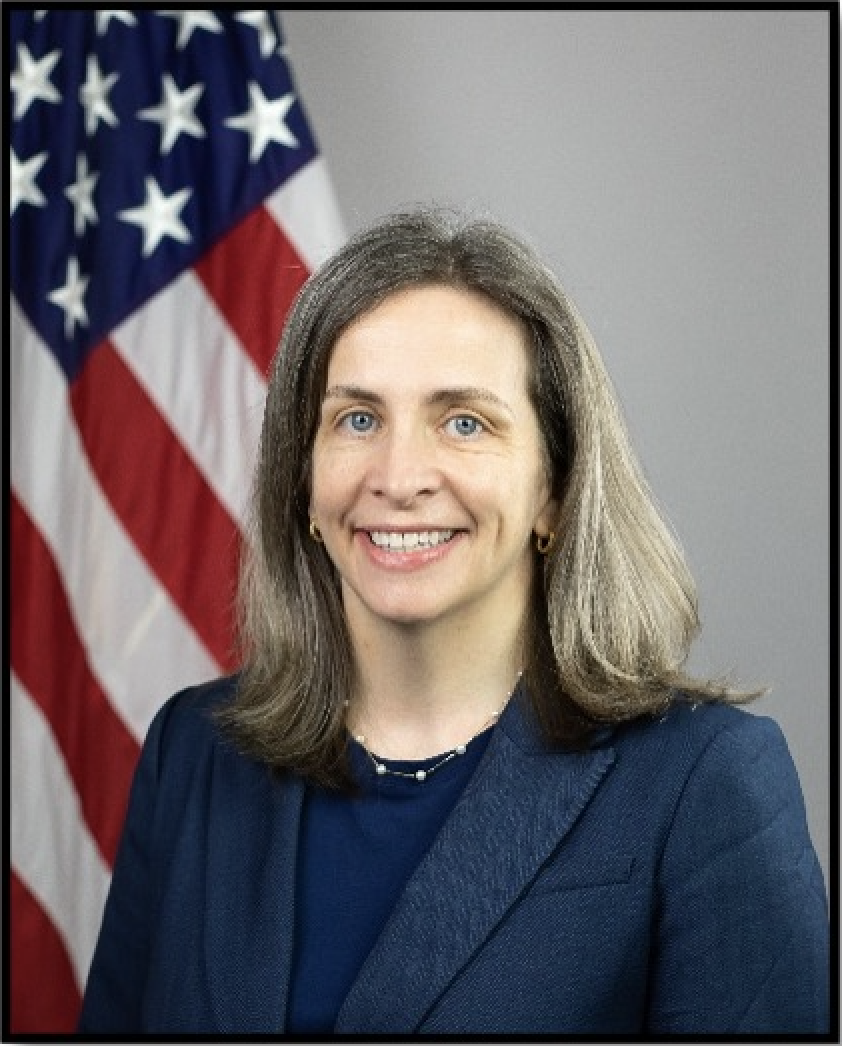 In today’s episode of New Security Broadcast, ECSP Program Director Lauren Risi speaks with Sarah Ladislaw, Special Assistant to the President and Senior Director for Climate and Energy at the National Security Council (NSC). In the conversation, Special Assistant Ladislaw describes her role at the NSC and the most pressing climate security challenges facing the US. She also reflects on her recent address at the Munich Security Conference, and her vision for achieving “mutually assured resilience.”
In today’s episode of New Security Broadcast, ECSP Program Director Lauren Risi speaks with Sarah Ladislaw, Special Assistant to the President and Senior Director for Climate and Energy at the National Security Council (NSC). In the conversation, Special Assistant Ladislaw describes her role at the NSC and the most pressing climate security challenges facing the US. She also reflects on her recent address at the Munich Security Conference, and her vision for achieving “mutually assured resilience.”